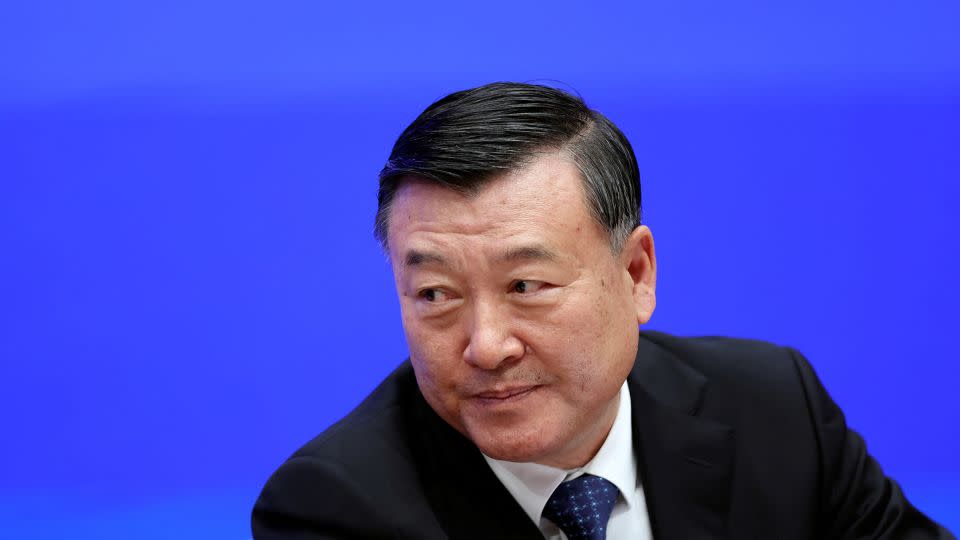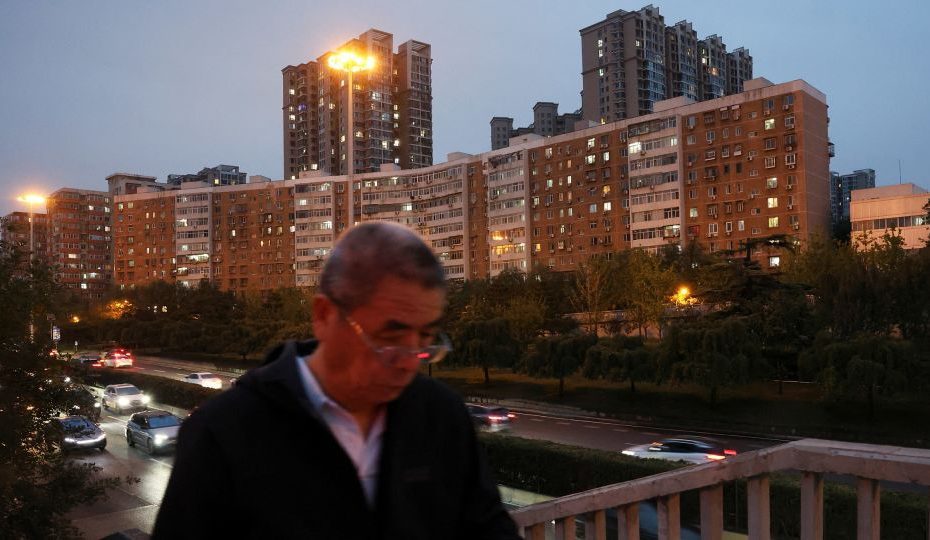Editor's Note: Editor's Note: Sign up for CNN's Meanwhile in China newsletter, which explores what you need to know about the country's rise and how it's impacting the world.
Chinese property shares tumbled on Thursday after measures announced by officials to support the weak property market were seen as too piecemeal by investors and economists.
After gloomy economic data over the summer raised concerns that China could miss its target growth rate of 5%, leader Xi Jinping finally decided to go ahead with a much-needed stimulus package in the last week of September, mainly focused on monetary measures.
Since then, economists have expected an additional stimulus package worth up to 10 trillion yuan ($1.4 trillion) to restore bullishness in the world's second-largest economy. Thursday's press conference by the Housing Ministry did not fulfill these hopes.
“(The) housing support announced today remains incremental in nature,” Larry Hu, chief China economist at Macquarie, told CNN. “They can help alleviate financial problems for developers, but may not be enough to stabilize the housing market.”
Investors agreed, sending shares in China's benchmark CSI300 real estate index down 5%, wiping out days of gains. The Shanghai Composite index was last trading flat, while Hong Kong's Hang Seng index was half a percent higher, giving back bigger gains from earlier in the day.
At the press conference, the Ministry of Housing and Urban and Rural Development pledged to nearly double bank loans to designated real estate projects to four trillion yuan ($561 billion) by the end of 2024.
In January, China unveiled a “white list” of construction projects, allowing banks to provide them with loans to get them to the finish line and into the hands of buyers.
“(We are) confident in the recovery of the real estate market, and we will focus on implementation in the future,” Housing Minister Ni Hong said.


Xiao Yuanqi, deputy director of the Financial Supervision Administration, added at the event that approved loans for the “white listed” real estate projects had already reached 2.23 trillion yuan ($313 billion) as of October 16.
Widespread concern
It is widely believed that the ailing real estate sector is at the root of China's numerous economic problems. The sector once accounted for as much as 30% of economic activity. Currently, it represents about a quarter of China's economy and 70% of household wealth.
In September, central bank Governor Pan Gongsheng sought to allay widespread concerns about stagnant growth by announcing cuts in one of the key interest rates, the seven-day reverse repo rate, from 1.7% to 1.5%. The reserve requirement for banks was also cut by half a percentage point, freeing up about 1 trillion yuan ($142 billion) for new lending.
He also unveiled cuts to existing mortgages and reduced the minimum mortgage down payment from 25% to 15% for second home buyers. The real estate market started to cool in 2019 and plunged about two years later following a government-led restriction on developers' lending.
The resulting crisis has resulted in a sharp decline in real estate prices and a loss of consumer confidence. Individuals and companies have tried to preserve their wealth by selling assets and cutting consumption and investment, dealing a blow to economic growth.
For more CNN news and newsletters, create an account at CNN.com

